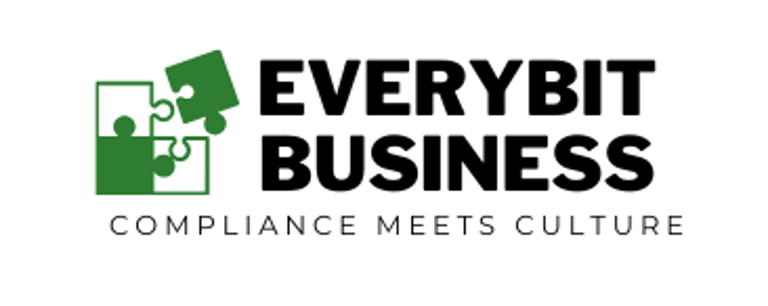The Sick Leave Chronicles 🚑
DEAR HR DIARY


Today’s diary entry is one of those moments that makes me laugh and sigh at the same time. Over the years working with SMEs, I’ve seen some very peculiar approaches to sick leave management.
One time, a supervisor hesitated to approve an employee’s sick leave request because—wait for it—he wanted to see the employee’s full medical records first.
The exchange went something like this:
HR (me): “So I noticed Ronaldo’s attendance record shows him as absent, but his sick leave request is still unapproved. What’s the hold up?”
Supervisor: “I was waiting to receive his medical records.”
HR: “Medical records? Why?”
Supervisor: “To verify if he was actually sick. Sometimes employees lie, you know.”
HR: cue perplexed emoji face “Isn’t that why he already submitted a doctor’s sick sheet?”
Supervisor: “Yes, but we can never be too sure…”
At that point, I had to step in. Requesting medical files is not only intrusive but also potentially discriminatory—and honestly, unless you’re a doctor, what exactly are you hoping to “verify”?
And then, as if that wasn’t enough, I once came across a manager who insisted employees must apply for sick leave 7 days in advance. Imagine that! “Oh yes, I feel I might be sick next week Tuesday at 3:17pm… Please reserve my hospital bed” 🤯
🚨 The Bigger Picture: What’s Going Wrong Here?
Labour law gap: According to the Kenya Employment Act (2007), (Section 30) clearly provides for sick leave, upon producing a valid medical certificate. Nowhere does it say employers can demand extra medical records or predict illness in advance.
Trust gap: These practices often stem from a lack of trust in employees. But mistrust doesn’t just hurt culture—it creates legal exposure.
Manager training gap: Most supervisors don’t act out of malice. They simply don’t know the legal boundaries and end up opening the company to risk.
🚨 Why It Matters
When leaders unintentionally cross into intrusive practices:
They risk legal liability for breaching employee rights.
They erode trust with their teams.
They turn sick leave—a right—into a source of stress and conflict.
The irony? These same managers are usually trying to “do the right thing” by preventing absenteeism… but end up creating bigger problems.
🧠 Takeaway for SMEs & Startups:
Sick leave isn’t just about compliance—it’s about trust, humanity, and protecting your business from unnecessary employee disputes and potential legal drama.
HR pro tip: Keep policies simple, follow the law, and don’t over-engineer processes that make you look suspicious of your own people.
So, dear diary, my reminder today is simple:
👉 Trust the process. Respect the law. And please, don’t ask for medical records unless you fancy labor drama.
📣 If your supervisors or managers are unsure about how to handle employee leave the right way—don’t wait until a labour notice lands on your desk. Let Everybit Business set up a quick HR compliance check for your business. Because healthy employees = healthy company.

